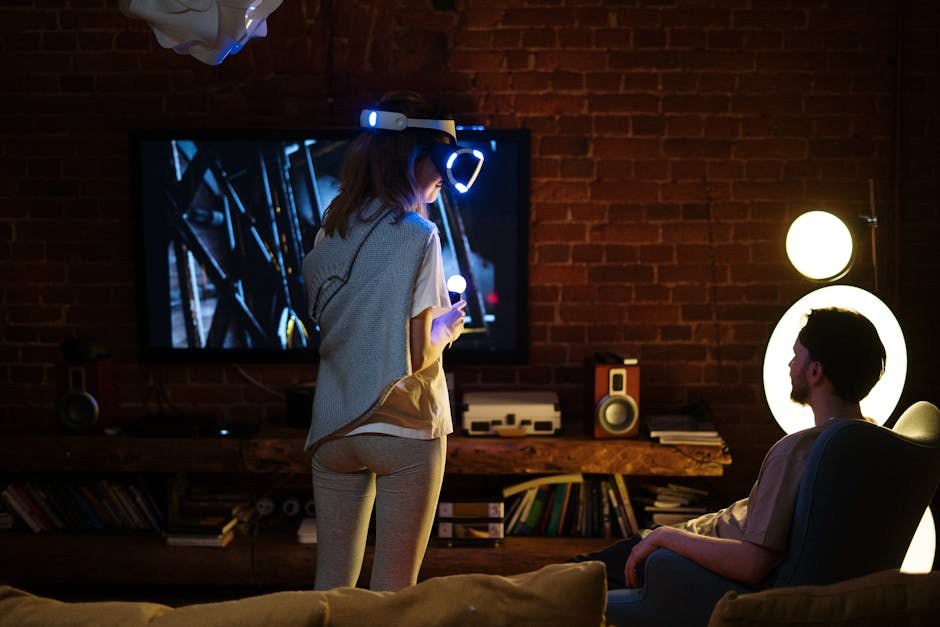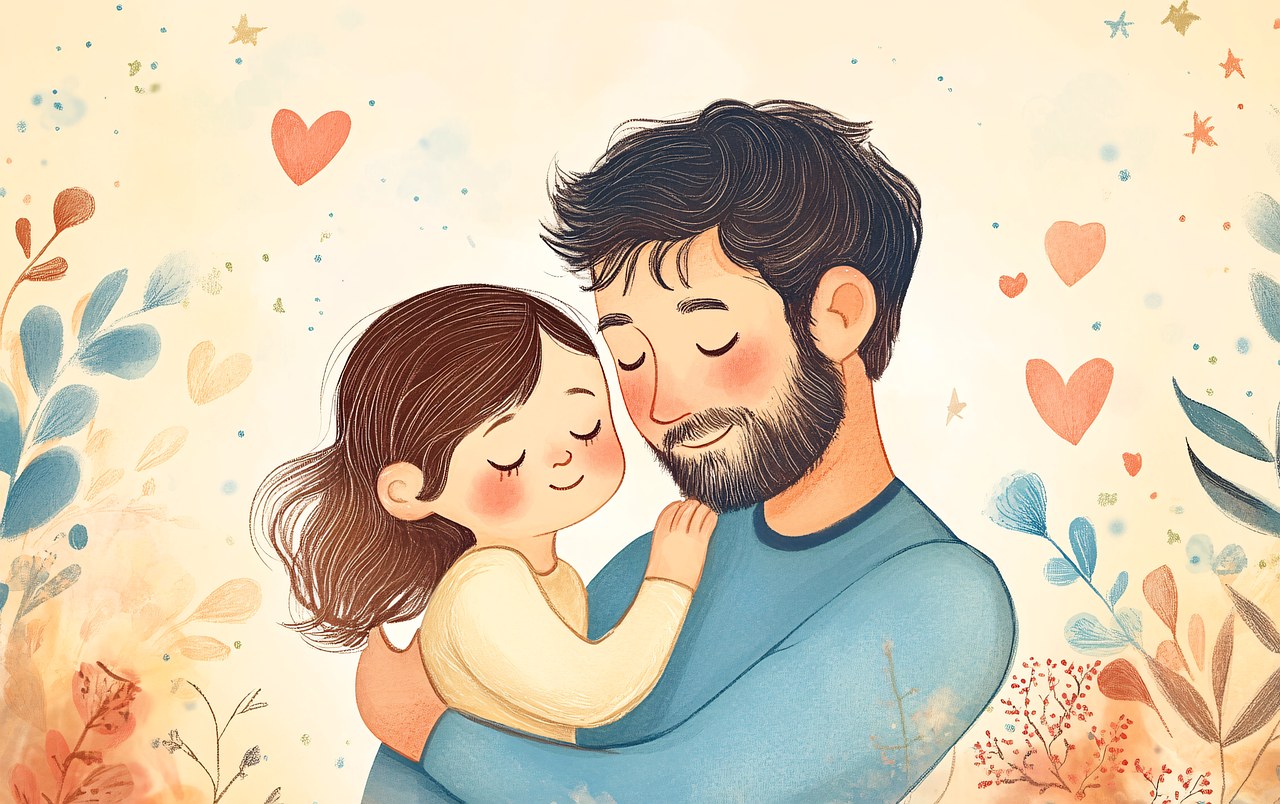When you care about someone, every look and message can feel like a clue – and yet the picture remains blurry. Are you drifting in the friend zone or moving toward something romantic? This guide reframes common behaviors so you can read them with more confidence, protect your time, and choose your next step with clarity. You’ll see how patterns – not isolated moments – suggest what’s really going on, and why honest conversation ultimately beats guesswork.
Why this question matters
Lingering in uncertainty is exhausting. The friend zone can feel like an endless waiting room, while genuine interest feels like a door swinging open. You deserve to know which hallway you’re in. Instead of clinging to mixed signals, examine consistent actions. Attention, availability, and affection are the three lenses we’ll use. Through them, the difference between friend zone and budding romance becomes far easier to spot.
How to interpret signals without overthinking
One invitation can be friendly; a repeated pattern tells a story. Notice what happens over time – the rhythm of plans, the warmth of touch, the way they speak about you when others are around. People reveal their priorities in small decisions: who they show up for, who they brag about, who they protect. With that frame, let’s decode the classic cues that separate the friend zone from genuine interest.

-
Friend Zone: Group hangouts replace one-on-one time
You suggest meeting up, and the answer arrives with an add-on – “let’s get the crew together.” It’s not that group time is bad; it’s that it consistently avoids intimacy. If most invites pull in extra people, they’re managing expectations. The subtext is gentle but firm: enjoy the vibe, keep it casual. Repetition is key here. A rare group plan can still be flirty, but a steady diet of them keeps you parked in the friend zone .
-
Interested: They plan unmistakably date-like outings
Dinner that requires a reservation, a movie they know you’ve wanted to see, a walk that ends with dessert – these are not neutral choices. Date energy is focused and deliberate. If they’re steering toward settings that invite conversation and closeness, that’s interest, not the friend zone . Notice whether they check your schedule in advance and follow up afterward – interest invests.
-
Interested: Family invitations and special occasions
Meeting a sibling at a casual barbecue might be incidental. Being invited to a birthday, holiday evening, or family lunch signals you’re entering the inner circle. People protect their home turf; bringing you there suggests pride and possibility. This is the opposite of the friend zone – it’s a soft launch into their world, and they want you to fit.

-
Friend Zone: Conversations about other crushes
They unpack their latest spark with someone else, ask for advice on messages, or debrief dates with an almost therapeutic tone. Some part of you wonders if they’re testing jealousy, but repeated talk about other prospects usually means comfort without romantic intent. If you’re consistently the sounding board, you’re positioned squarely in the friend zone .
-
Interested: Their phone disappears when you’re together
Modern life hums with notifications, yet they slide the phone face-down and lean in. Undivided attention is an underrated flirting language. When someone cares, they choose presence – they remember small details, ask follow-ups, and linger. This priority shift is rarely seen in the friend zone ; it’s the behavior of someone who wants your time to stretch.
-
Friend Zone: Touch is minimal or non-reciprocal
You might initiate a playful shoulder squeeze or sit close on the couch, and nothing rude happens – but nothing travels back to you either. The energy stays neutral. Human bodies are honest; if romantic interest sparks, people find reasons to close the gap. When touch remains sporadic and purely practical – quick greetings, functional hugs – the friend zone is likely in effect.

-
Friend Zone: Your intuition already knows
Even when hope argues loudly, your gut whispers the truth. You notice delayed replies, cautious phrasing, and a comfort that never tilts into heat. That unsettling certainty – the sense of waiting for something that isn’t coming – is often the clearest sign of the friend zone . Intuition isn’t magic; it’s pattern recognition running faster than your thoughts.
-
Interested: Affectionate, intentional touch
Interest shows up in micro-gestures: a hand resting on your back while crossing the street, a palm brushing your forearm during laughter, lingering hugs that feel like they’re saying something words aren’t. These aren’t accidents. People who want you near find ways to be near. That gentle gravity does not belong to the friend zone .
-
Friend Zone: You’re invisible to their circle
No one has heard your name. Mutual friends don’t tease or ask questions about the two of you. In group settings, your connection doesn’t become a topic. If there were sparks, there would be whispers – and if they were smitten, their friends would know. Secrecy is rarely romantic; it’s a hallmark of the friend zone .
-
Friend Zone: The phrase that freezes progress
“You’re such a good friend.” The sentence lands with a thud because it clarifies the frame. People rarely use it by accident. It’s respectful, even warm, but it places the relationship on a shelf. Once spoken repeatedly, the label tends to stick. The friend zone thrives on that exact kind of polite finality.
-
Friend Zone: You’ve become their counselor
They vent about work stress, family friction, or romantic disappointments – and you listen, always. Emotional intimacy can masquerade as romantic momentum, but roles matter. If your dynamic is advice-heavy and flirt-light, you’re filling a support function, not a dating one. In the friend zone , you soothe, they exhale, and nothing moves forward.
-
Interested: You get different treatment than everyone else
Compare their behavior with you to their behavior with others. Do they save the last slice for you, send you a meme the moment they wake up, or offer rides out of their way? Do they tease you – kindly – and hold your gaze a beat longer? These subtle upgrades are meaningful. Preferential treatment is a quiet denial of the friend zone , showing you’re singled out.
-
Friend Zone: Introductions underline “friend” status
Labels in public are strategic. If they present you as “my friend” – with a slight emphasis – they’re steering the narrative for the room and for you. Those two words are a fence line. While people sometimes fumble, consistent phrasing is deliberate. It’s one more plank building the friend zone boundary.
-
Interested: They say what they feel
Direct words require courage: “I like you,” “I’m not seeing anyone else,” “I want to see where this goes.” When someone chooses that clarity, believe them. Ambiguity keeps you in limbo; honesty invites you forward. This is the cleanest distinction from the friend zone – interest declares itself, even if shyly.
-
Friend Zone: Dreaming aloud about “the one” – and it’s not you
They map out future hopes, describe their ideal partner, or muse about timelines – and the portrait doesn’t resemble your connection. It’s not cruel; it’s clarifying. When their long-term story doesn’t include you, the relationship is parked in the friend zone , no matter how warm the day-to-day feels.
Putting the clues together
It helps to cluster the signs. If you’re ticking boxes for group-only hangs, counselor dynamics, “good friend” language, and invisibility to their circle, that cluster points one way – the friend zone . If, instead, you’re seeing focused dates, open affection, family invites, and plainspoken feelings, that cluster points the other way – toward a relationship. Mixed clusters happen, but they rarely stay mixed forever.
The three lenses: attention, availability, affection
Attention shows up as presence. Are they actually there with you – eyes up, questions asked, details remembered? When attention is steady, the friend zone loses ground. When attention is scattered, you feel unseen and uncertain.
Availability reveals priority. Do plans keep falling through, or do they protect time for you even during busy weeks? Do they suggest future dates without you prompting? Reliability is famously unsexy to describe and wildly attractive to experience. Unreliability, by contrast, is how the friend zone keeps you hoping but not deciding.
Affection is the “show, don’t tell.” It’s the arm around your shoulder in the chilly evening, the way they lean in during a story, the quick text after you get home. Affection doesn’t require grand gestures; it requires intention. With intention, interest steps forward; without it, the friend zone holds its line.
What about mixed signals?
People are complicated. Fear, timing, and past hurt can jumble otherwise clear behaviors. Someone might flirt strongly and then retreat, or keep you private for reasons unrelated to you. That’s why patterns over time matter more than a single brilliant date or a couple of lukewarm weeks. If you’re stuck between patterns – half-romantic, half-platonic – ask yourself which set of signs shows up without you pushing. The effortless pattern is usually the real one. If the effortless pattern is the friend zone , that’s your answer.
How to respond to clarity
If you recognize the friend zone , treat that knowledge as relief, not failure. You’ve learned where not to spend your longing. Maintain kindness, keep boundaries, and redirect your energy toward people who meet you in the middle. Your value isn’t measured by who chooses you – it’s reflected by how quickly you choose yourself.
If you recognize genuine interest, accept it at face value and let it grow at a pace that feels good. Keep communicating – ask questions, share expectations, and enjoy the discovery. Interest thrives in daylight; it doesn’t require decoding forever.
When in doubt, ask
There’s a step that outruns all detective work – a conversation. You can be brave without being dramatic: “I enjoy spending time with you and I’m interested in more. How do you see this?” Those words are both a key and a filter. If the answer is warm and direct, wonderful. If it lands you in the friend zone , you still win – you get your time back, your clarity back, your power back. Ambiguity takes and takes; the truth, even when it stings, gives you room to move.